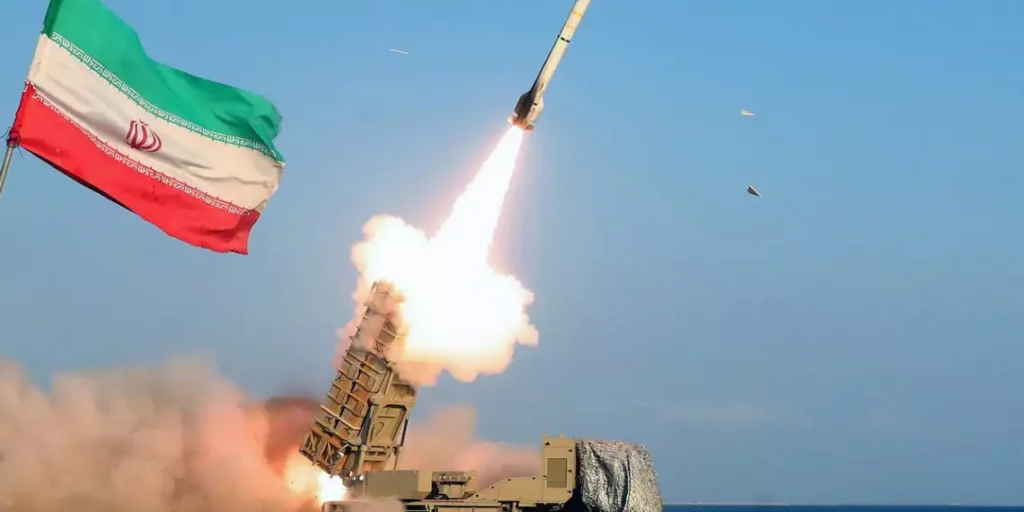- Web
- Feb 20, 2026
Trump stopped Israel from attacking Iranian nuclear sites
-

- Web Desk
- Apr 17, 2025

WASHINGTON: US President Donald Trump blocked a planned Israeli attack on Iran’s nuclear sites, as early as next month, in favour of negotiating a deal with the Iranian regime, the New York Times reported, citing sources in the Trump administration.
According to the report, there were two opposing positions in the administration, one including CENTCOM commander Gen. Michael E. Kurilla, who supported Israel’s plans, and the other that worried over the United States being drawn into a regional war and demanded that diplomacy be given a chance. The Times claimed Prime Minister Benjamin Netanyahu’s hurried visit to the White House earlier this month was to convince the president to approve the attack, an effort that failed.
The decision followed months of internal debate in Washington, the report says. Trump ultimately opted to pursue diplomacy at a time when Iran was considered militarily and economically weakened. The debate highlighted the tension between more hawkish officials and those who questioned whether a military strike could realistically halt Iran’s nuclear ambitions without triggering a broader war. For now, the U.S. consensus appears to oppose military action, especially as Iran has signaled openness to negotiations.
According to the Times, Israeli officials had developed a range of plans for a May strike aimed at slowing Iran’s nuclear program by at least a year. Some Israeli officials were optimistic that the US might approve the plans, which, according to sources briefed on the matter, relied heavily on American involvement—not only for protecting Israel from retaliation but also to ensure the operation’s success.
Earlier this month, Trump informed Israeli officials of his decision. He later discussed it with Netanyahu during the prime minister’s visit to Washington, where he used a joint appearance in the Oval Office to announce the start of direct negotiations with Iran. The Times said its reporting was based on discussions with US military and intelligence officials familiar with Israel’s classified plans and on confidential internal administration deliberations.
At Netanyahu’s direction, the IDF initially prepared a plan combining an aerial strike with a commando raid on underground nuclear sites, possibly involving American aircraft.
However, Israeli military officials told their US counterparts that the operation would not be ready before October. Seeking a quicker option, Israel began modifying the plan into a broader air campaign that would still require US assistance.
Initially, several American officials, including General Kurilla and National Security Advisor Mike Waltz, were open to considering Israeli proposals. They even explored how the US could potentially support a strike if Trump gave the green light. American officials reportedly agreed that any serious attempt to damage Iran’s nuclear infrastructure would require US support.
China says it will ignore US ‘tariff numbers game’
With White House approval, Kurilla began transferring military assets to the region. The aircraft carrier USS Carl Vinson arrived in the Persian Gulf, joining the USS Harry Truman in the Red Sea. The U.S. deployed two Patriot missile batteries, a THAAD system in Israel, and six B-2 stealth bombers to Diego Garcia in the Indian Ocean. Additional fighter jets were also under consideration for deployment, possibly to Israeli bases.
While these assets could be used in operations against the Iran-backed Houthis in Yemen—whom the U.S. began targeting just over a month ago—US officials acknowledged to the Times that the deployments were also part of contingency planning for supporting an Israeli strike on Iran. Even if American planes were not to take part in the initial attack, their presence could help deter or counter an Iranian response.
There were signs Trump was open to a military option. His social media posts reinforced that perception. But even as military assets moved into position, skepticism grew within the administration about the wisdom of backing an Israeli strike. For weeks, officials debated the matter and, earlier this month, opponents of the plan gained the upper hand.




